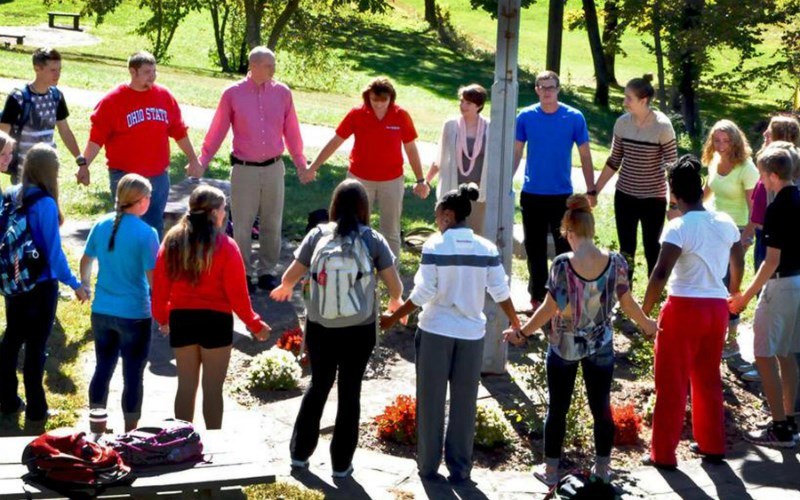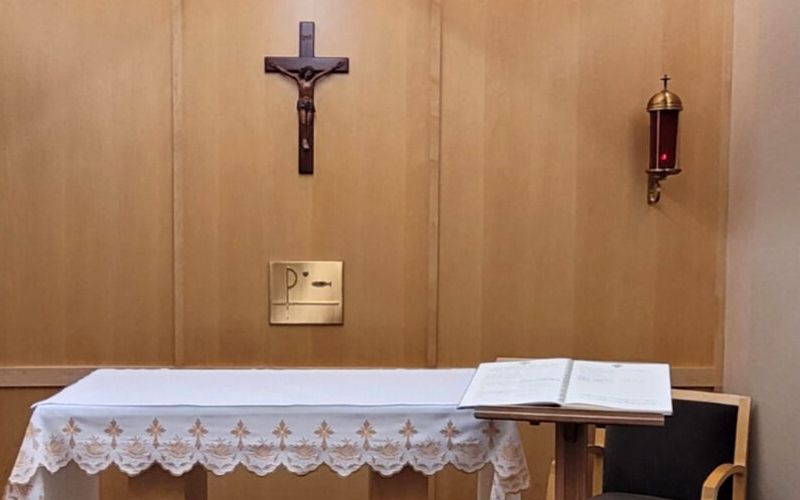The guidance, issued by the Department of Education on Monday, updates documents that the government puts out about prayer in public schools, specifically those of students and or teachers. This new document now includes guidelines following Supreme Court cases such as the one involving Coach Joe Kennedy and Bremerton (Washington) School District. Several years ago, Kennedy was fired by the school district after he refused to comply with its requirement that he stop private prayers after games. The Supreme Court, however, ruled last year that never should have happened.
Keisha Russell is an attorney at First Liberty Institute, the law firm that represented Kennedy at the Supreme Court.

"We have reviewed the guidelines [released by the Department of Education] – and for the most part, we think that we are fine with the way the guidelines have been updated," the attorney tells AFN.
"I would say there are some issues because the Kennedy case did overturn a case called Lemon – and with that case there are still some cases and propositions that rest on that Lemon decision. So, we think that some of that will probably be proven to be inaccurate."
Bottom line, Russell says students and employees of the government do not shed their constitutional rights at the door. "Overall, your constitutional rights are still protected, as a student or a teacher, even if you work at a public school -and that has not changed," she concludes.
The legal counsel for another legal group, Alliance Defending Freedom, also expressed concern, telling The Christian Post the changes "could lead to confusion" because it appears to be "suggesting that schools have to purge religious messages from any student speech if the school in any way controls the student's speech."







